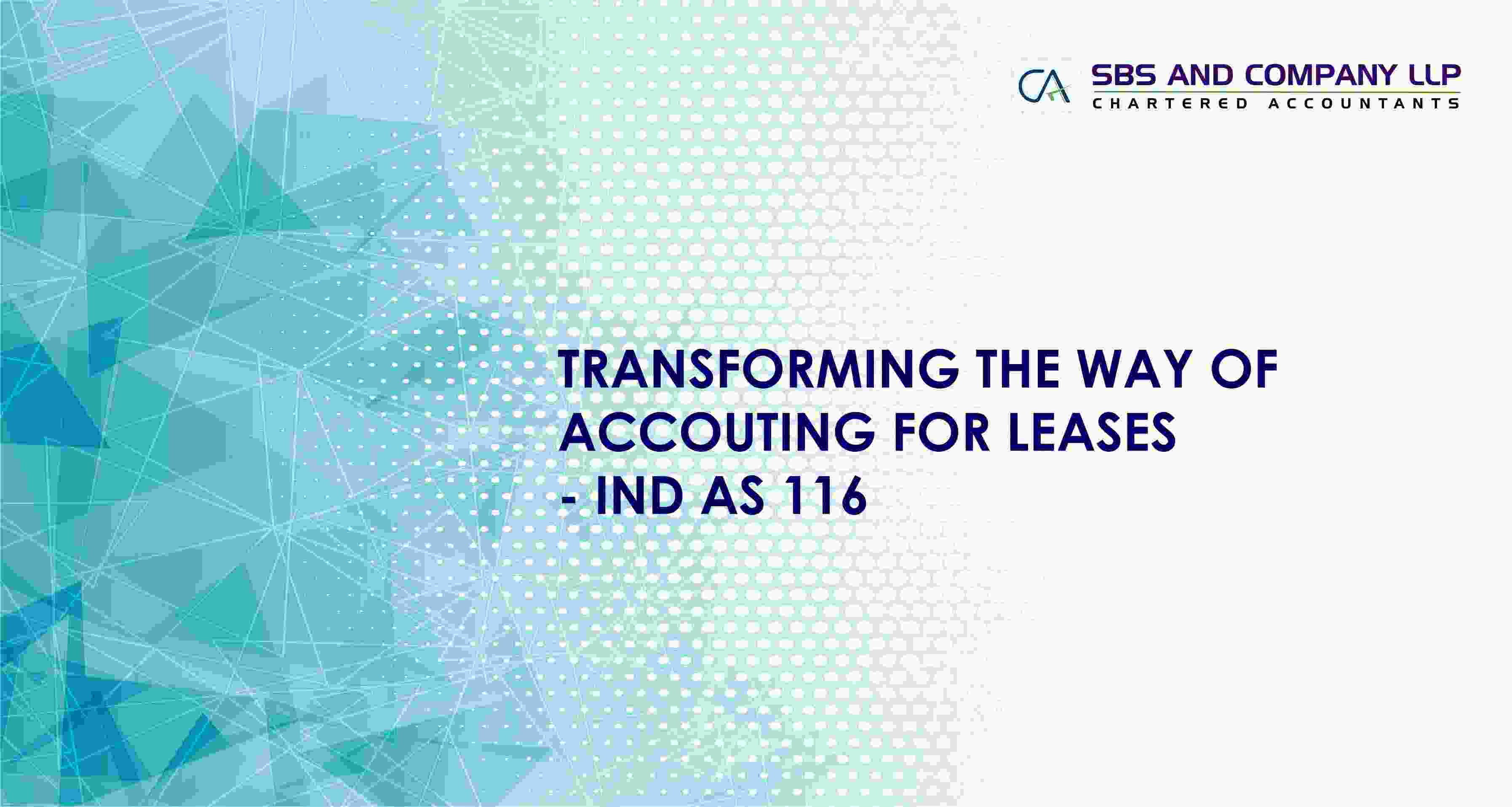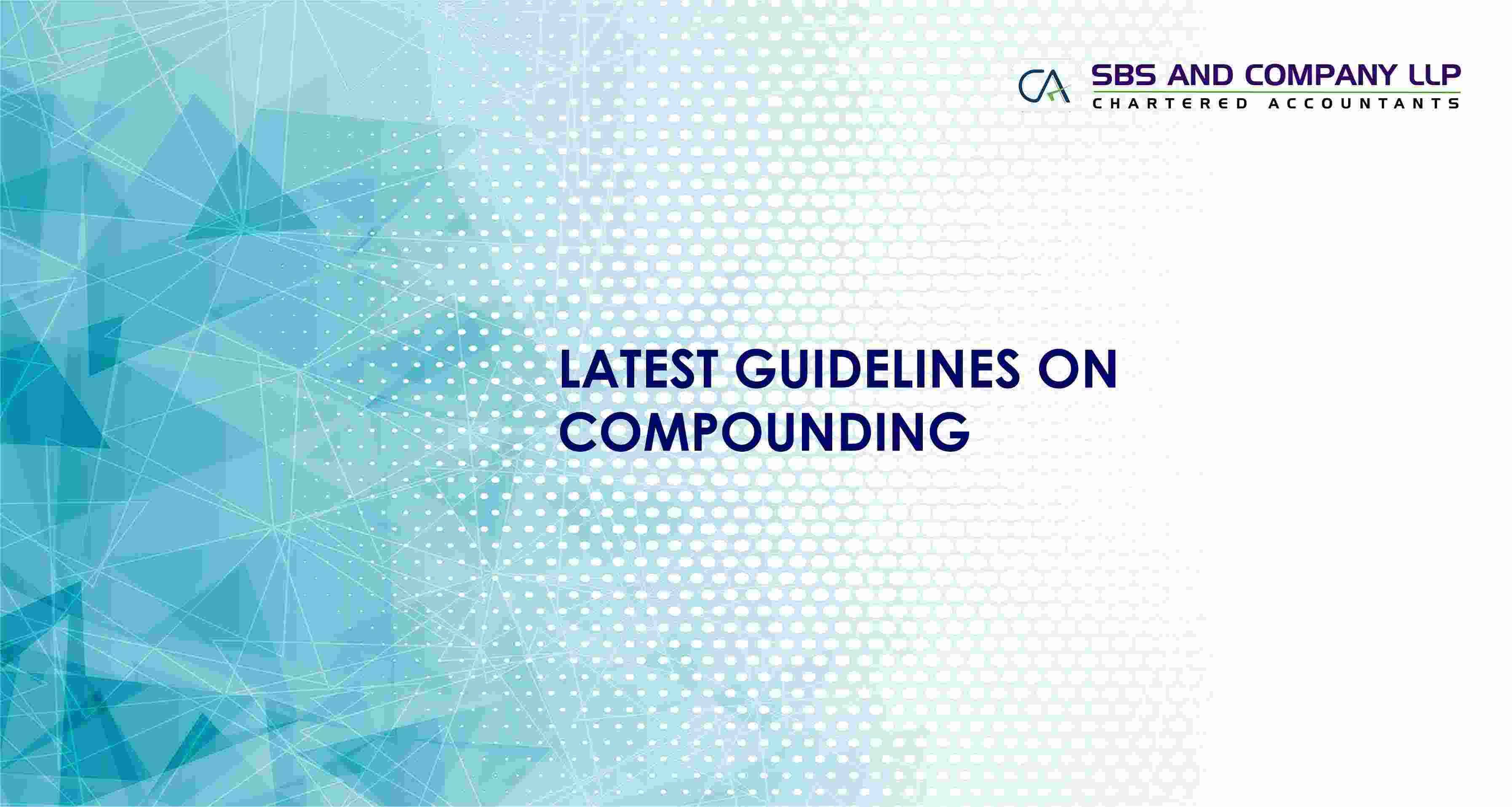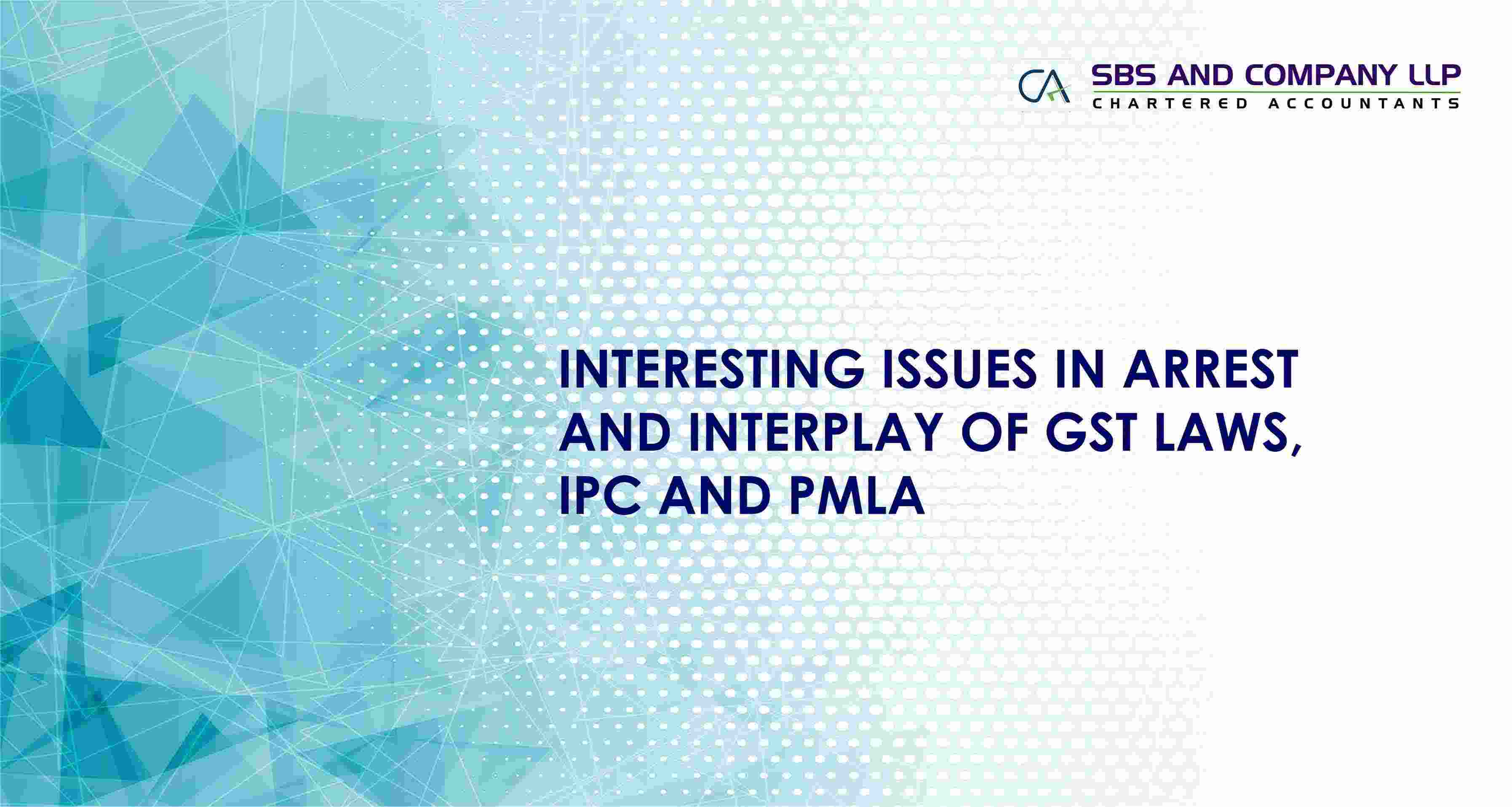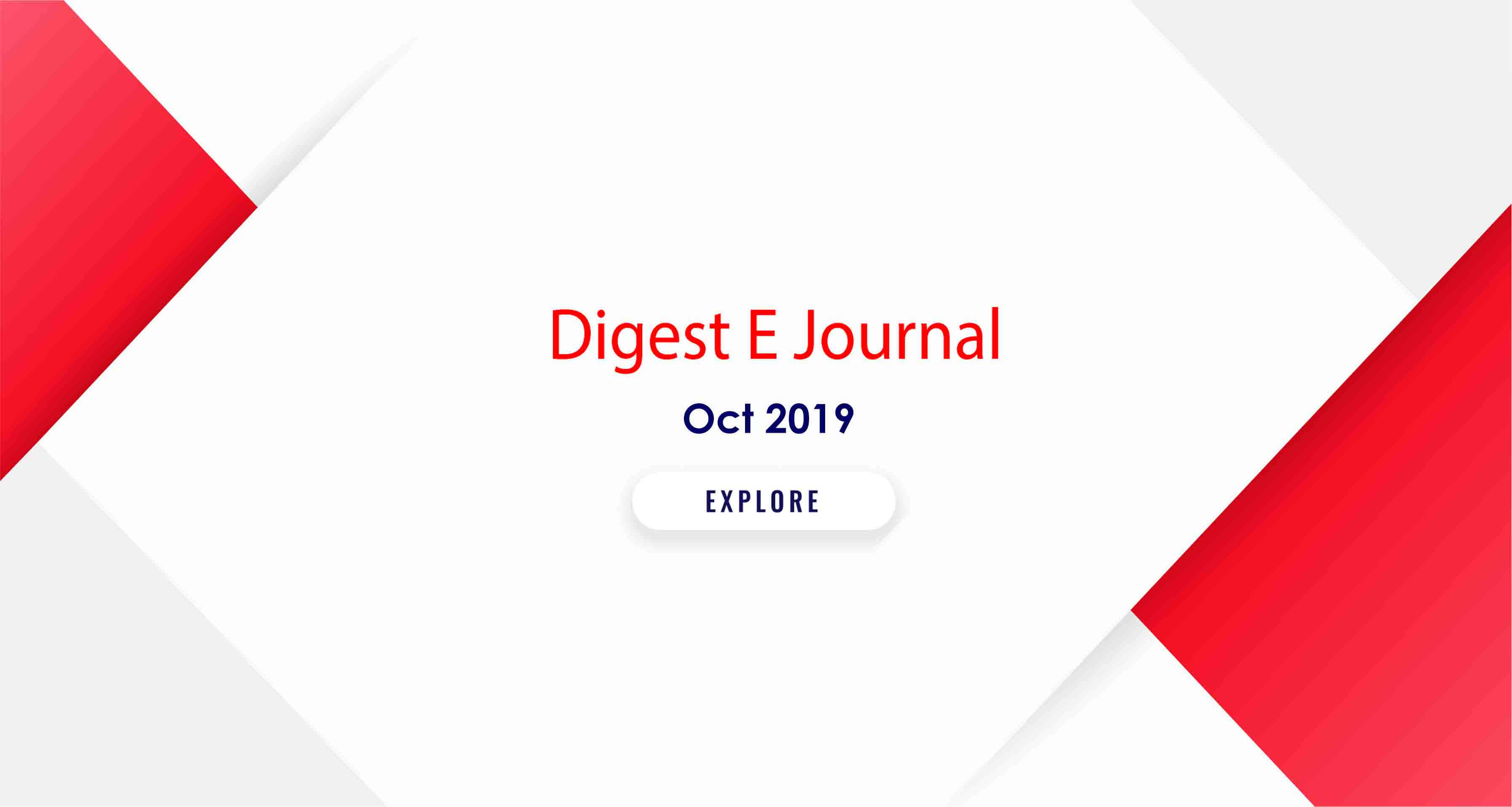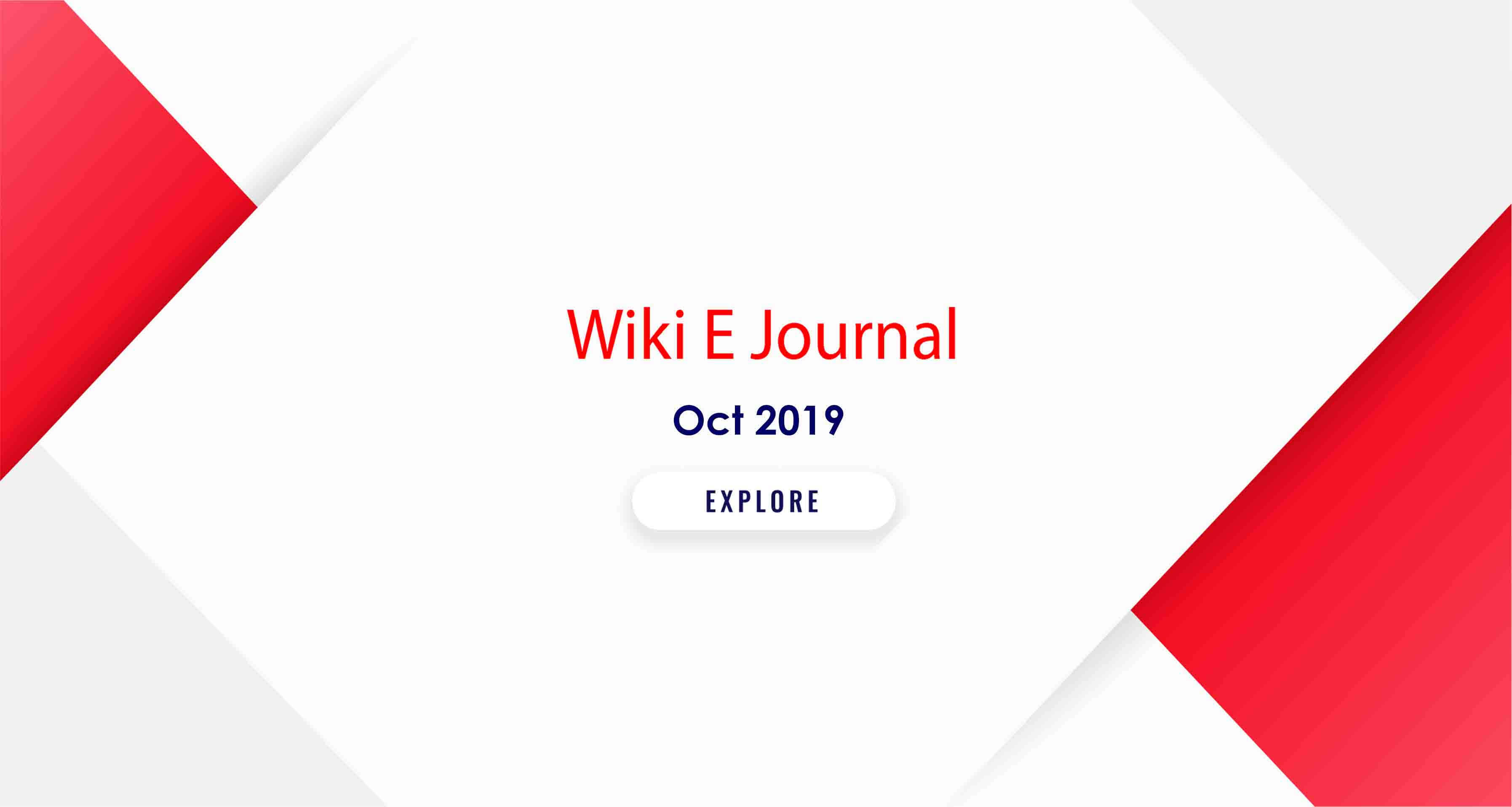The Ministry of Corporate Affairs (MCA) has put an announcement that the new lease accounting standard, Ind AS 116 will get implemented from 1st April 2019. The new Standard, globally implemented in several countries from 1st Jan 2019, is called IFRS 16. The Standard eliminates the 6-decade old distinction between financial and operating leases, from lessee accounting perspective, thereby putting all leases on the balance sheet. Ind AS 116 introduces a single lease accounting model and requires a lessee to recognize assets and liabilities for all leases with a term of more than 12 months, unless the underlying asset is of low value.
Assessment of whether an arrangement is, or contains, a lease, will be one of the biggest practical issues when applying the new standard. Under the new standard, a lease is a contract, or part of a contract, that conveys the right to use an asset (underlying asset) for a period of time in exchange for consideration. To be a lease, a contract must convey the right to control the use of an identified asset, which could be physically distinct portion of an asset such a floor of a building. A contract conveys the right to control the use of an identified asset if, throughout the period of use, the customer has the right to obtain substantially all of the economic benefit from the use of the identified asset and direct the use of identified asset.
Read more: Transforming the way of Accounting for Leases – Ind AS 116


